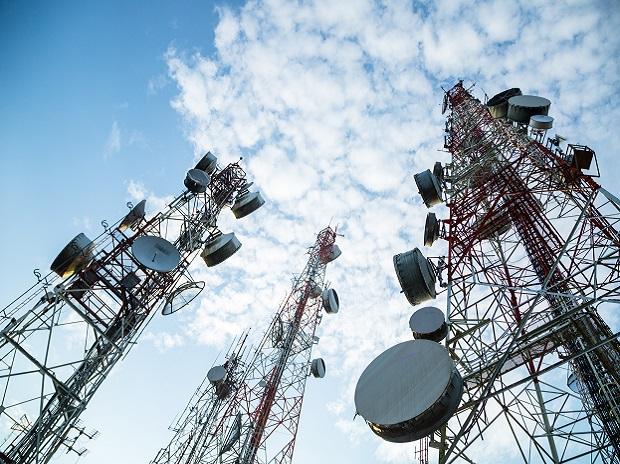Airtel took a bold step of raising tariffs by 25% starting this Friday, notwithstanding the risk attached to it. Does this mean brighter days ahead for the telecom sector? Take a look at this report

India’s second-largest telecom operator has taken the lead in hiking prepaid mobile tariffs to give itself some elbow room to roll out 5G in India and also make further investments in network and spectrum. Effective from November 26, Airtel’s prepaid plans will get costlier by up to 25 per cent as the company has instituted a sharp broad-based hike that will affect all packs.
The most notable is the hike in tariff of its entry-level 28-day voice-only plan to Rs 99 from Rs 79. According to India Ratings and Research, Airtel could be aiming at shifting non-data customers to data customers, which can lead to higher average revenue per user.
Indian telecom market being an oligopoly, the other two private players Vodafone Idea and Reliance Jio are widely expected to follow suit. The last industry-wide price increase came two years ago in December 2019.
Airtel’s average revenue per unit or ARPU at the end of the September quarter was Rs 153, and with the latest tariff hike, analysts expect this number to hit Rs 185. The company has always maintained that the ARPU needs to be Rs 200 in the near term and ultimately at Rs 300.
Airtel’s move could signal the end of the aggressive price war that had started with the entry of Reliance Jio in late 2016 with free voice calls and dirt-cheap data. The telecom industry’s average revenue per user touched Rs 67 in September 2018. Airtel chairman Sunil Mittal has long been arguing that tariff hike was the only way forward for the industry.
The tariff hikes combined with the relief measures approved by the Union Cabinet in September this year can put the telecom sector on a path to sustainability again.
No comments:
Post a Comment